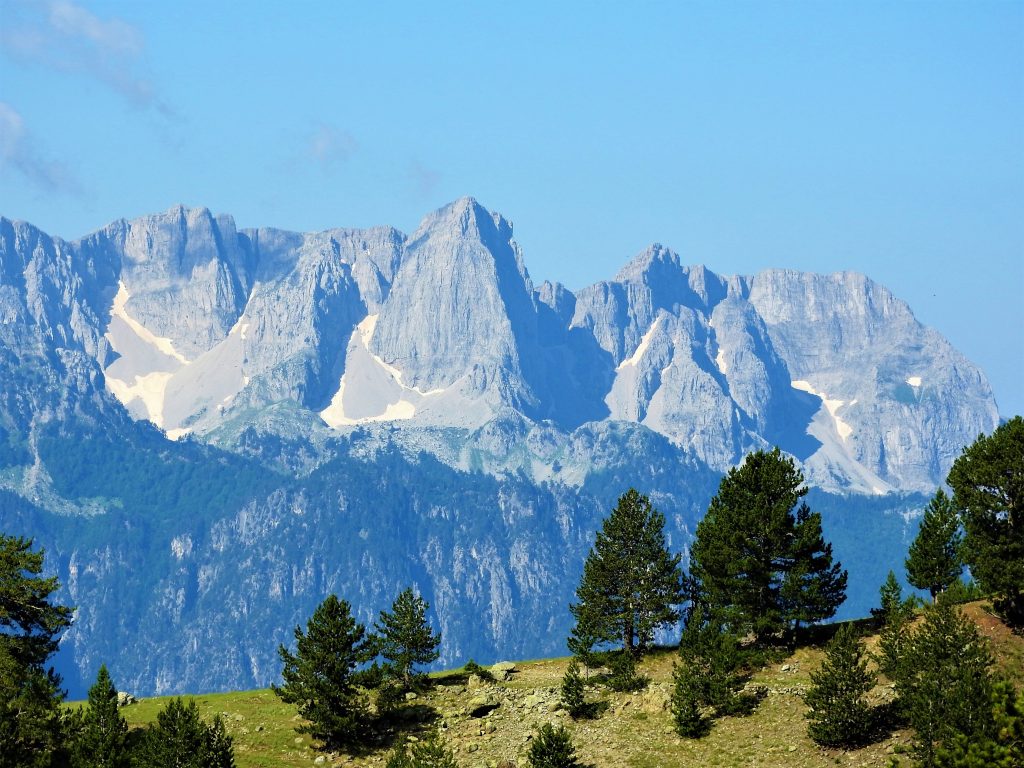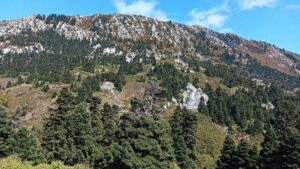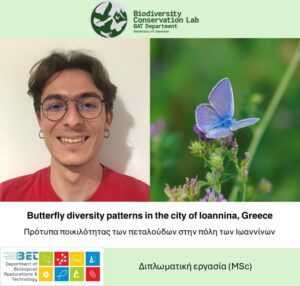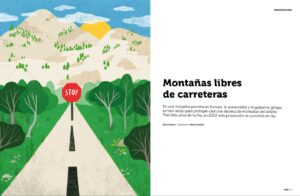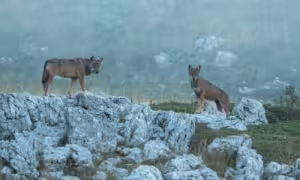Kati V, Selva N.,Sjögren-Gulve P. 2022. Greek roadless policy: A model for Europe. Science 375 (6584):984.https://doi.org/10.1126/science.abo2014
The new publication in Science (Letter) of the BCL presents the Greek policy on the conservation of Roadless Areas as an example of good practice for a broader European policy of banning the intrusion of roads and artificial surfaces into sensitive natural ecosystems. This policy is of particular importance for countries very rich in biodiversity, such as Spain and Greece, which are also experiencing the rapid development of RES infrastructure. Roadless Areas are proposed as a clear, inexpensive, and measurable tool for delimiting strict protection zones within the network of protected areas (10% of each country in the EU), for the network connectivity and expansion, as well as “proactive” restoration targets, which will soon be set by the Commission, based on the European Biodiversity Strategy. The pdf of the paper is available on the BCL (Roadless) website. The Science letter is signed by three scientists, members of the Society for Conservation Biology (Europe).
The publication and the hot issue raised today seems trivial in the vortex of war …. We are watching in shock. Humanity has embarked on dangerous paths of both humanitarian and environmental destruction. The day after the war, however, the environmental crisis will be upon us again and perhaps worse. We hope that the fires will stop immediately, that not a single more human life will be lost, that a diplomatic solution will be found, and that the suffering of the people will stop. The post is obviously about the next day …
